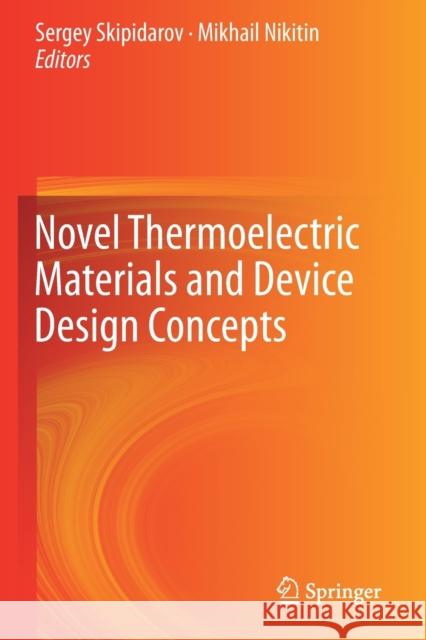Novel Thermoelectric Materials and Device Design Concepts » książka
topmenu
Novel Thermoelectric Materials and Device Design Concepts
ISBN-13: 9783030120597 / Angielski / Miękka / 2020 / 331 str.
Novel Thermoelectric Materials and Device Design Concepts
ISBN-13: 9783030120597 / Angielski / Miękka / 2020 / 331 str.
cena 241,50
(netto: 230,00 VAT: 5%)
Najniższa cena z 30 dni: 231,29
(netto: 230,00 VAT: 5%)
Najniższa cena z 30 dni: 231,29
Termin realizacji zamówienia:
ok. 16-18 dni roboczych.
ok. 16-18 dni roboczych.
Darmowa dostawa!
Kategorie:
Kategorie BISAC:
Wydawca:
Springer
Język:
Angielski
ISBN-13:
9783030120597
Rok wydania:
2020
Wydanie:
2019
Ilość stron:
331
Waga:
0.47 kg
Wymiary:
23.39 x 15.6 x 1.8
Oprawa:
Miękka
Wolumenów:
01
Dodatkowe informacje:
Wydanie ilustrowane











